In the kitchen, we often find ourselves reaching for that bottle of white wine to add depth to our dishes.
Oops, out again or never had it to begin with? No sweat, we’ve got you covered.
Substitutes for white wine? Absolutely, and you’re in for a treat because we’re about to unveil not one but five stellar swaps.
Think of this as your go-to guide for keeping flavors in check when your wine rack comes up short.
From soups to sauces, these alternatives are about to save your culinary bacon.
Ready to dive into a world where the absence of white wine doesn’t spell disaster for your dish?
Let’s get cracking and transform that “Oh no” moment into a “Hell yeah” with our savvy switch-ups.
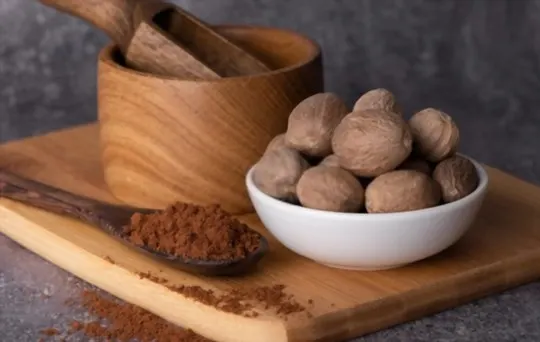
The 5 Best Substitutes for White Wine for Any Recipes
If you’re new to cooking with wine, you may be surprised to find that white wine is a versatile choice for many recipes.
But what if you don’t drink alcohol or are looking for a non-alcoholic option? You may be wondering what the best substitutes for white wine are.
Here are five substitutes for a white wine that will work in a variety of recipes:
1 – White Wine Vinegar
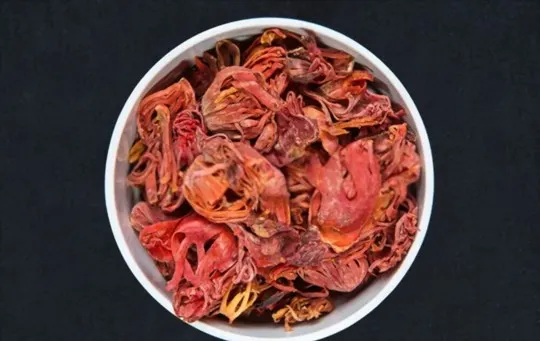
White wine vinegar is a type of vinegar that is made using white wine.
It has a milder taste than other types of vinegar, making it a good choice for cooking.
White wine vinegar can be used as a substitute for white wine in cooking.
To do this, simply add the same amount of vinegar to the recipe.
The results will be a bit tart, but the dish will still be flavorful.
Keep in mind that white wine vinegar has a strong aroma, so it is best to use it sparingly.
When stored properly, white wine vinegar can last for years.
2 – White Grape Juice
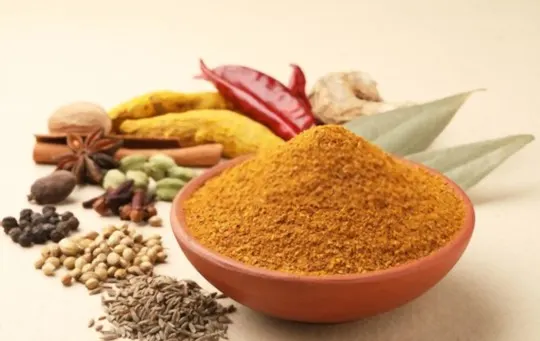
White grape juice is a refreshing, sweet drink that can be enjoyed on its own or used as a mixer in cocktails.
It has a light, fruity taste with a hint of acidity.
Unlike white wine, it is non-alcoholic and has a lower sugar content.
White grape juice can be a good substitute for white wine in cooking.
It can be used to deglaze pan sauces, make gravies, and create reductions.
When substituting white grape juice for white wine, it is important to use a 1:1 ratio.
White grape juice can also be frozen and used as ice cubes in drinks.
3 – Chicken Broth or Vegetable Broth
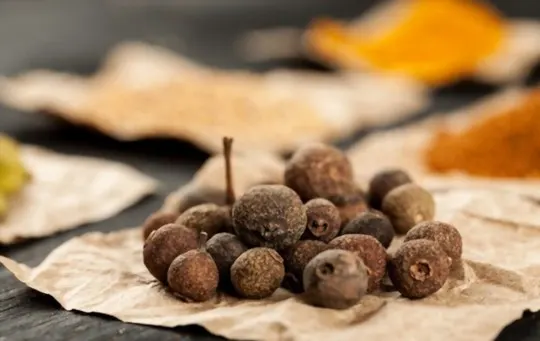
Chicken or vegetable broth is a great way to add flavor to your cooking without adding any alcohol.
It has a light, pleasant taste that can enhance the flavor of soups, stews, and sauces.
You can even use it as a substitute for white wine in recipes.
Simply simmer the broth until it reduces by half, and then use it in place of the wine.
This will add depth of flavor to your dish without making it overly savory.
So next time you’re looking for a way to add some extra flavor to your cooking, reach for chicken or vegetable broth instead of white wine.
Your dishes will be all the better for it.
4 – Apple Cider Vinegar
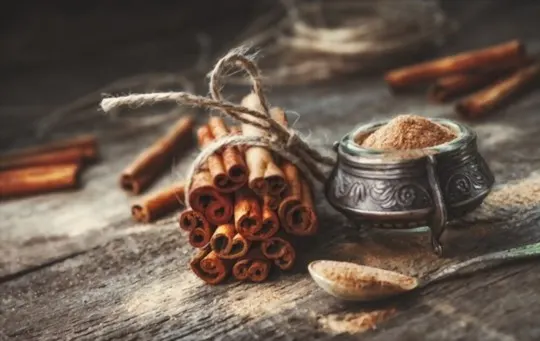
Apple cider vinegar is a type of vinegar made from fermented apple juice.
It has a pale to medium amber color and a slightly acidic taste.
It is often used in salad dressings, marinades, and chutneys, as well as for baking and cleaning.
Apple cider vinegar can be substituted for white wine in many recipes.
To do this, simply add the same amount of vinegar as you would wine.
The flavors will be similar, but the acidity will be more pronounced.
When substituting apple cider vinegar for white wine, it is best to use vinegar with a higher acidity level.
This will help to balance out the flavors in the dish.
5 – Dry Vermouth
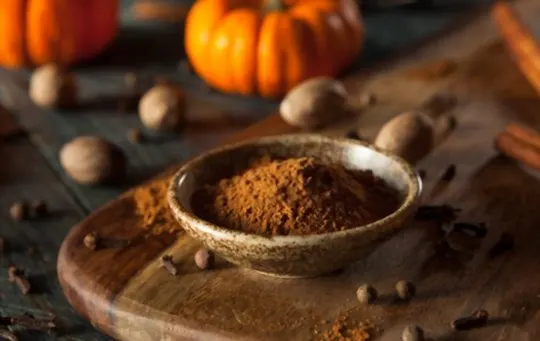
Dry vermouth is a type of fortified wine that is often used in cocktails.
It has a slightly bitter, herbaceous flavor that is sometimes compared to olives or green apples.
Dry vermouth can be used as a substitute for white wine in many recipes.
When substituting dry vermouth for white wine, it is important to keep in mind that it is more potent than wine and will also add its own flavor to the dish.
For this reason, it is best to use dry vermouth with a milder flavor profile when cooking.
Additionally, dry vermouth can be used in place of white wine when making reductions or sauces.
When substituting dry vermouth for wine in these cases, it is best to use a ratio of 1:1.

Leave a comment